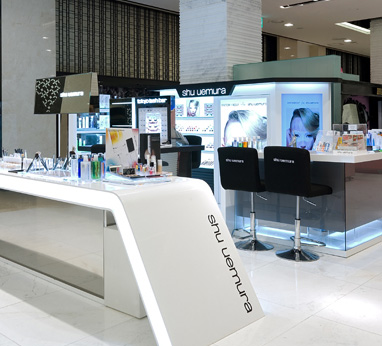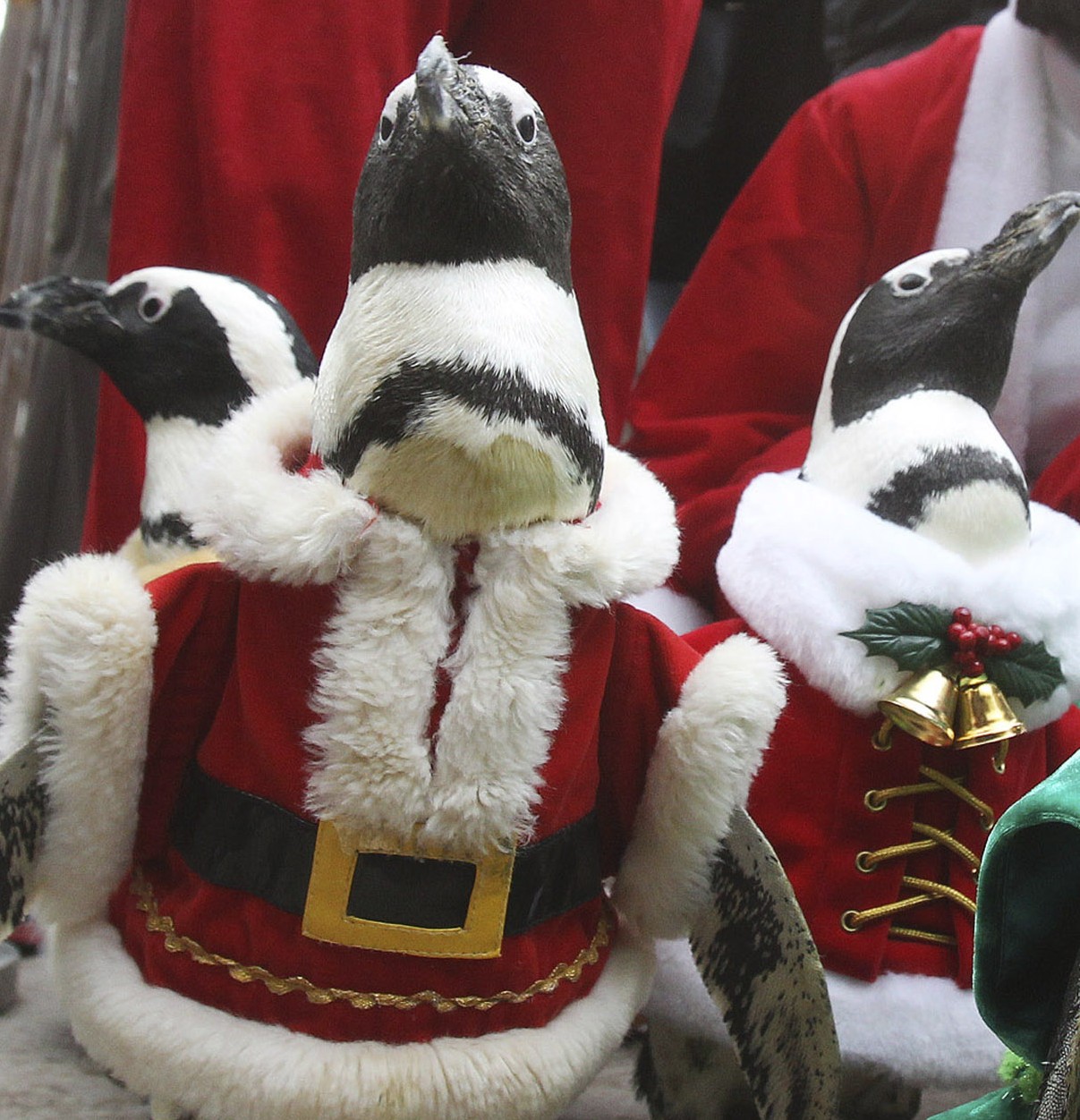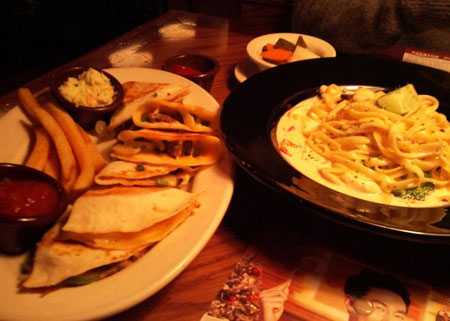- California Assembly OKs highest minimum wage in nation
- S. Korea unveils first graphic cigarette warnings
- US joins with South Korea, Japan in bid to deter North Korea
- LPGA golfer Chun In-gee finally back in action
- S. Korea won’t be top seed in final World Cup qualification round
- US men’s soccer misses 2nd straight Olympics
- US back on track in qualifying with 4-0 win over Guatemala
- High-intensity workout injuries spawn cottage industry
- CDC expands range of Zika mosquitoes into parts of Northeast
- Who knew? ‘The Walking Dead’ is helping families connect
Global brands use Korea as test market
By Chung Hyun-chae
A number of global brands are using Korea as a test market to help them gauge how successful their products or brands might be in other countries.
Those that do well here usually find their wares make it to store shelves around the world.
This trend is especially clear in the cosmetic industry, particularly in high-end distribution channels such as department stores.
One of these brands is Shu Uemura, a renowned Japanese cosmetic brand. Its oil-based cleanser product has become very popular among Korean customers since it emerged as the best cleanser in a blind consumer test of the cable TV program Get It Beauty a few years ago.
The Shu Uemura store in the main branch of Lotte Department Store in Seoul ranked No. 1 in sales among all of the brand’s branches in the world.
Shu Uemura’s Rouge Unlimited Supreme Matte Lipstick was launched in October 2012. It became popular among Korean customers, who dubbed one of the shades as “Gangnam Pink.”
Leveraging Korea’s significant purchasing power, Shu Uemura decided to change the shade’s official name to Gangnam Pink and to export it to the rest of the global market.
“This kind of decision was unprecedented in the cosmetic industry, as far as I know,” said Hyun Hee-kyung, manager at Shu Uemura.
More recently in September, Shu Uemura also released a new shade, Korean Color, and it now sells globally.
U.S.-based ice cream chain Baskin-Robbins also gauged the marketability of its ice cream cake in Korea before exporting it to other countries.
“Korea produces more decorated ice cream cakes compared to other countries, so the headquarters thought that Korean-style ice cream cake has potential in the global market,” said an official at Baskin Robbins.
Baskin-Robbins Korea then developed the whatyouwant ice cream cake and has been exporting it to China, Saudi Arabia and Qatar since last July.
U.S.-based sports and outdoor apparel company Merrell is another example. It has topped outdoor shoe sales in the world for eight consecutive years. In 2011, amid rising demand in Korea, it granted license to Korean company Hwaseung, which now designs and produces Korean-style products and exports them to China and South America.
“Being exported to other countries after becoming a great hit in a certain country is a unique occurrence,” said Jeon Seung-bong, manager at Merrell. He said that Korean-style Merrell products are gaining good reviews from buyers overseas.
Smoothie King’s top three stores are in Korea. In 2012, Smoothie King Korea took over the U.S. head office and started to prepare for further overseas expansion to China and Singapore. Initially, Smoothie King didn’t aim to become a global brand, but after faring well in Korea, it saw potential in becoming the world’s original smoothie brand.
“Based on the robust growth in Korea, we opened a Singapore branch in 2012 and plan to expand further to East Asia. We aspire to be the No. 1 global smoothie brand,” said Choi Ji-hee, assistant manager at Smoothie King.
“As Korean customers have very high standards for products, becoming a hit in Korea means that the product has global marketability. Based on this concept, many companies decide to expand their exports to other global markets,” said an industry source who declined to be named.














